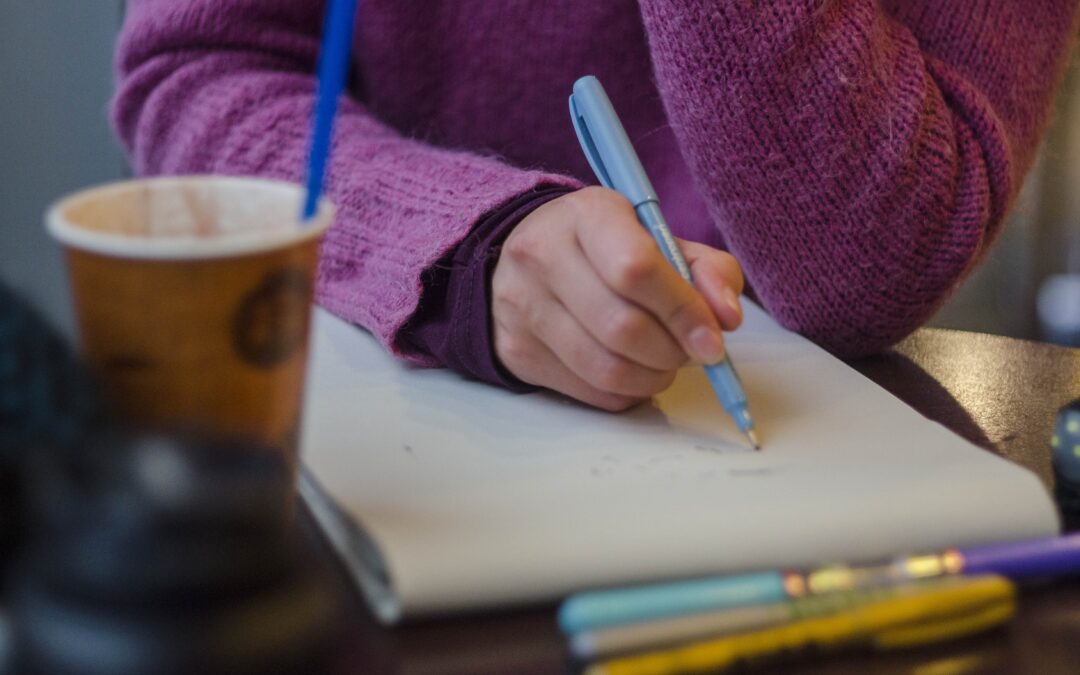Before you separate or divorce in BC, there are things you can do before you leave your relationship that will make it easier.
TOP PRIVACY & FINANCIAL THINGS TO DO
1. Create a new private email address, and change all of your online and computer passwords.
This includes your cell phone, Facebook and other social media accounts, banking, and emails. If you can afford it, buy a new cell phone and get a new number on a separate account. It is not unusual for partners to continue to access their ex’s accounts without their knowledge. They sometimes even use this evidence in court.
2. Apply for a credit card with a low-interest rate in your sole name.
If you have money or credit accessible to you, you can use that to obtain new housing, furniture, transportation, pay for monthly costs, and legal advice. Having a credit track record will also help if you need to qualify for a mortgage to buy out your current house or to buy a new home.
3. Redirect your banking, credit card statements, tax information, and other mail to your new address, or arrange paperless statements (for your new credit card, legal correspondence, etc.).
4. Save money for living expenses and legal fees.
If you don’t have time to put aside money in advance, consider withdrawing some money from your Line of Credit, RSP, or borrowing from extended family.
5. Make photocopies of your financial information.
You should have your most recent bank account statements Likewise for any credit card statements or investments.
For separation or divorce in BC, you will need your most recent pay statement and your last 3 years tax returns (full T1 returns and Notices of Assessment) for your Financial Statement.
If you can, take photocopies of your spouse’s pay statement and last three years of tax returns. This can help verify their income and save trouble getting the information from them later. This information will be very important when calculating child and spousal support.
TOP THINGS TO TAKE WITH YOU
6. Gather your most important documents and identity cards: Passport(s), BC Services/Care Card, Status Card and Identification, bank and credit card(s), marriage certificate, and birth certificate(s). These apply to both yourself and your children.
7. Collect all your medications and prescriptions, for yourself and your children.
8. Download photographs and documents you would like to keep on a memory stick/USB or forward them to your email.
9. Take photographs, and make a list of, your personal and marital property.
It can be difficult to remember what was in the home after you have left. That makes dividing the property, and even finding the property, more difficult over time.
10. Take with you the most significant personal items you wish to keep (jewelry, family heirlooms, sentimental items, clothing, excluded property).
LEAVING AND FAMILY VIOLENCE
Sometimes you have to leave your home quickly, for safety reasons. Try not to worry too much about personal property. You may be able to negotiate “who gets what” in the home at a later date.
In the event that you need to return to your home to retrieve items, safety can be enhanced by arranging a time when your ex-spouse is not home. Alternatively, you can have a friend or family member accompany you. In some cases, the police can also attend to the residence when you are there to collect your property.
Michael Butterfield, lawyer, and mediator, stresses that our firm’s recommendations are guidelines, and should not be done at the expense of safety. If you are leaving an abusive relationship, consult with the Victoria Women’s Transition House for their 24-hour crisis line, and other support services.
We recognize that not all people have the financial resources to follow these guidelines. However, there are free services that can assist you with your separation and divorce in BC.
These suggestions apply both to couples who are married or living together.
“All endings are also beginnings. We just don’t know it at the time.”
Mitch Albom
Jayne Embree, M.A.
Jayne has a Masters’s Degree in Psychology, from the University of Victoria. She is currently Mr. Butterfield’s Paralegal and the Mediation Coordinator at Butterfield Law.
Blog Article updated October 22, 2022.

